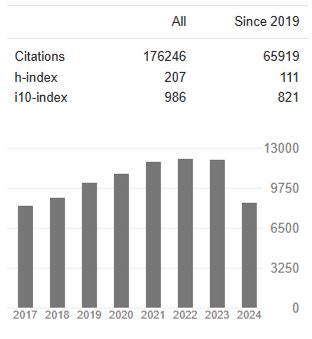The Shadow Paradigm in Recovery Pascal Scoles, DSW, LCSW
Abstract
Pascal E Scoles
In recovery, the Shadow Paradigm is the accumulation of an individual’s life events, including frustrations, fears, and common adversarial behaviors. A person’s Shadow Paradigm shapes their life experiences and determines their worldview. The ability to cope with stress and adversity and return to a normal state of daily functioning by avoiding negative consequences of one’s behavior is usually related to a person’s shadow paradigm. Favorable resolution of a person’s Shadow is often one’s capacity and opportunity to navigate and negotiate their way to psychological, social, cultural, and physical resources that sustain a positive outlook on all of life’s experiences. Building a resilient, healthy life is related to a person’s propensity to command and shape their Shadow Paradigm. One’s capacity to manage: Denial, Projection, Rationalization, negative Acting Out Behavior while minimizing Enabling and Codependent behaviors determines an individual’s ability to deal with adversity effectively. Change is often related to an individual’s capacity to manage, adapt and integrate new knowledge that facilitates a more positive, productive view of their past and how it influences a person’s recovery in the present and future. If one stops old behaviors without new activity, he/she is doomed to failure. The ability to cope with stress and adversity and return to a normal state of daily functioning by avoiding negative consequences of one’s behavior is usually related to a person’s shadow paradigm (1-3)




